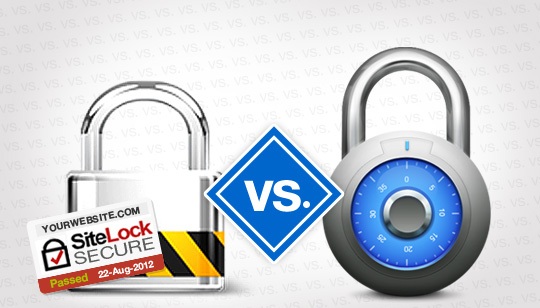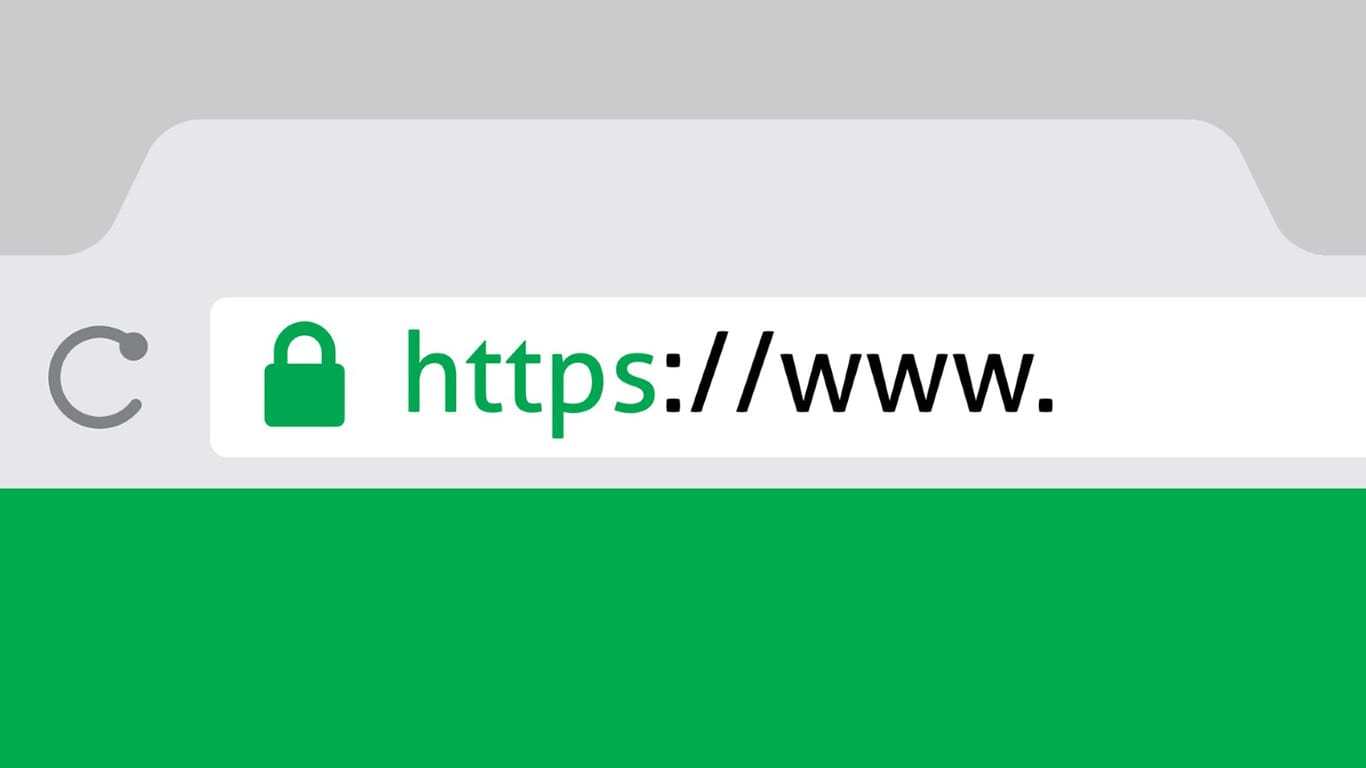
SSL Certificate VS SiteLock – Know the difference
Site Lock – SiteLock is a web security tool that scans your website for malware and vulnerabilities. SiteLock not only detects threats, but can also fix problems or security risks it encounters on your web space.
SSL certificate – indicates the website is secured using an SSL certificate and the shared information is safe and not possible for hackers to intercept it.
“Both are important to your website security. Both do a great job in protecting your customers’ confidential and valuable data. Both boost consumer confidence and increase your website sales by ensuring your customers maximum online security.”
These are the reasons why SSL & SiteLock are frequently mixed up by many! However, they are really two different things that contribute to one single goal of yours – Enhance your website security!
In order to give our customers a clearer picture on how the powerful duo works their separate ways to help you maximize your website security, we created a table that indicates their different functions respectively.

As businesses offer more online transactions, internet security becomes both a priority and a necessity of their online transactions to ensure that sensitive information – such as a credit card number – is only being transmitted to legitimate online businesses.
In order to keep customer information private and secure, companies and organizations need to add SSL certificates to their websites to enable secure online transactions.
What is the meaning of SSL?
SSL (Secure Sockets Layer) is the standard security technology for establishing an encrypted link between a web server and a browser. This link ensures that all data passed between the web server and browsers remain private and integral.
What is SSL Certificate?
When installed on a web server, it activates the padlock and the https protocol (over port 443) and allows secure connections from a web server to a browser.
Why do we need SSL Certificate?
Any computer in between you and the server can see your credit card numbers, usernames and passwords, and other sensitive information if it is not encrypted with an SSL certificate. When an SSL certificate is used, the information becomes unreadable to everyone except for the server you are sending the information to.
Any organization that engages in ecommerce must have a SSL certificate on its web server to ensure the safety of customer and company information, as well as the security of financial transactions.
Benefits of SSL Certificates
- Utilize HTTPs, which elicits a stronger Google ranking
- Create safer experiences for your customers
- Build customer trust and improve conversions
- Protect both customer and internal data
- Encrypt browser-to-server and server-to-server communication
- Increase security of your mobile and cloud apps
How SSL Certificates Work
- A browser or server attempts to connect to a website (i.e. a web server) secured with SSL. The browser/server requests that the web server identify itself.
- The web server sends the browser/server a copy of its SSL certificate.
- The browser/server checks to see whether or not it trusts the SSL certificate. If so, it sends a message to the web server.
- The web server sends back a digitally signed acknowledgement to start an SSL encrypted session.
- Encrypted data is shared between the browser/server and the web server.


